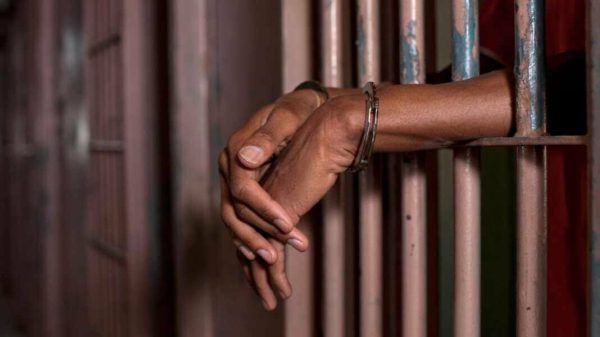The Tech Relevant Teacher (TRT) Project, an education intervention in Nigeria sponsored by The Coca-Cola Foundation, has come to a successful close.
The project, executed by implementing partners, Bunmi Adedayo Foundation (BAF), to ameliorate the impact of the COVID-19 pandemic on low- and middle-income schools through virtual teaching skills and tools training for school leaders and classroom teachers, concluded in June 2021.
Launched earlier this year, the Tech Relevant Teacher Project was developed following concerns around the increased digital divide in education, especially within low-income communities.
Multiple sources state that 25 million children in Nigeria were out of school due to the attendant effects of the pandemic, as the economic downturn disrupted the purchasing power of millions of families with fragile income streams.
As a result, the project focused on key activities and courses such as the School Leadership and Sustainability Conference (SLSC); 4-week Advanced Content Creation Classes held virtually; 8-Module Course on the BAF Learning Management System; 4-week Mentoring in Math and English Research; Pedagogy; Content Development and Advanced Content Digitization.
Through the TRT project, Coca-Cola sought to increase the digital learning competencies of teachers across select public and private schools in Nigeria.
The project, which spanned a seven-month period, recorded impressive numbers as over 24,000 children have been provided access to quality virtual education in their schools as a result of the training.
Additionally, 648 school leaders and classroom teachers drawn from 216 schools benefited from the intervention, as they attempted their first digital lessons enabled by over 2,000 hands-on interactive learning contents created in adaptive formats.
According to Nwamaka Onyemelukwe, Director, Public Affairs, Communications & Sustainability, Coca-Cola Nigeria, the Tech Relevant Teacher Project could not have been initiated at a more opportune time as it significantly impacted the education sector in Nigeria.
“We could not be more delighted at the outcome of this project,” Nwamaka said.
“We were aware of the effects of the pandemic on access to quality education, especially within low-income communities and we decided to act. With support from our implementing partners, the Bunmi Adedayo Foundation, we are proud to have contributed significantly to closing the gap in education between underserved and privileged communities.
“Through our partnership, thousands of underserved children now have access to quality education while teachers have been empowered with relevant competencies in virtual teaching tools to facilitate quality education for years to come”, she concluded.
Other benefits available to beneficiaries of the initiative include the donation of 30 Computers, headsets with microphones and 30 PC External speakers to the 30 top-performing schools. BAF, however, maintains that the most celebrated outcome of the intervention is the production of several electronic preparatory courses in Mathematics and English for the Primary School Leaving Certificate Examination which will benefit thousands of students who wish to succeed at the Basic 6 terminal exams.
Femi Martins, Programme Director, Bunmi Adedayo Foundation, noted that the barrier between children in low-cost schools and other more advanced schools has now been significantly reduced as the Foundation seeks to “use technology to enhance learning and teaching for the underserved in Nigeria.”
Since its inception in 1984, The Coca-Cola Foundation has awarded over $1 billion in grants to support diverse sustainable community initiatives around the world.
Driven by a need to create a better-shared future for communities across the world, the foundation offers community support programs that have led to the improvement of the quality of life of these communities.
![]()






























































